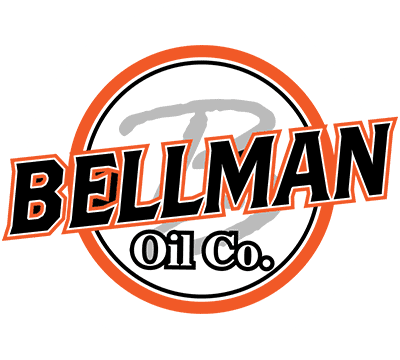Racing fuels are the lifeblood of high-powered engines, propelling racecars to spectacular speeds and pushing the limits of what seems possible. Behind the excitement and exhilaration of racing stands the foundational elements of racing fuel chemistry. Fuel for these high-performance vehicles is specially crafted to send vehicles to higher speeds and the limits of human innovation.
Basics of Fuel Chemistry
Understanding the basics of fuel chemistry can help individuals understand the importance of using high-performance fuels for racing. Standard fuel, like what you would get at your local gas station, primarily consists of hydrocarbons, compounds of hydrogen and carbon atoms. Derived from crude oil, these hydrocarbons determine the quality of gasoline and its combustion rate.
Beyond the basic composition of natural gas, most standard fuels incorporate additives to meet regulatory requirements and enhance performance. Common additives may protect against corrosion, prevent oxidation, and reduce buildup. In high-performing fuel, additives promote efficiency and speed.
The Role of Octane Ratings
An octane rating is a crucial metric in fuel chemistry. This number determines a fuel’s resistance to premature ignition and its sensitivity to compression. A higher octane rating means fuel can withstand higher compression levels without igniting. This allows for greater control and efficiency in fuel combustion, leading to higher speeds.
Characteristics of High-Performance Fuels
High-performance fuels are specially formulated to withstand the rigors of racing, offering drivers the speed and control they need to win races safely. The most apparent characteristic of high-performance fuels is a significantly higher octane rating than standard gasoline. This characteristic prevents knock, a phenomenon where fuel ignites prematurely due to pressure and temperature. Knock often results in engine damage, reducing efficiency. This characteristic is essential for racing fuels due to the high-speed nature of the sport. The higher octane rating also improves engine output, allowing high-performance vehicles to reach maximum speeds. This increases horsepower and torque, providing a necessary edge on the track.
High-performance fuels are also typically oxygenated. Oxygenation is a process by which manufacturers use additives in the fuel to aid in the combustion process. These additives improve combustion efficiency by promoting a more complete and efficient fuel burning. This optimized combustion process increases power generation in both top speed and acceleration.
Though all gasoline contains hydrocarbons, facing fuels often use aromatic hydrocarbons to influence speed and stability. These compounds are more controlled than normal hydrocarbons, ensuring an even burn in the combustion chamber. This allows the engine to maintain stability under the extreme conditions of racing.
By understanding the characteristics of high-performance fuels, we can better recognize the importance of these fuels in motorsports. The unique combination of additives and high octane ratings allows these fuels to deliver an unmatched level of power and reliability for automobile races.
What’s the difference between gasoline and racing fuel?
Regular gasoline and fuel designed for racing are significantly different, possessing different characteristics, composition, and chemical properties. As previously mentioned, high-performance fuels possess significantly higher octane ratings than regular gasoline. While the typical consumer-grade gasoline has an octane rating ranging from 87 to 93, racing fuel has an octane rating well over 100. Additionally, regular gasoline contains additives that promote engine cleanliness and meet environmental standards. On the other hand, racing fuel contains specialized additives to increase oxygenation, enhance combustion, and maximize speed.
Beyond the composition of the fuels, standard gasoline is widely available for consumer use and is relatively affordable. Alternatively, high-performance fuel is significantly more expensive due to the specialized formulation process and can only be purchased from certain oil and fuel manufacturers.
Ultimately, standard gasoline is designed to be used under regular driving conditions and by standard vehicles, while racing fuel is specially formulated for high-performance racing engines. It is important to note that standard cars should not use racing fuel. High-performance fuels may contain additives inconsistent with the Clean Air Act. These fuels should only be used in vehicles designed to withstand the rigors of racing.
Bellman Oil Can Help!
High-performance fuels are the backbone of a successful racing team. At Bellman Oil, our racing services focus on providing high-performance oils and fuels that not only meet but exceed the demands of the racetrack. With an in-depth understanding of racing vehicles, we offer products that enhance performance and reliability. Revitalize your racing experience with Bellman Oil, and let us fuel your journey to victory!





